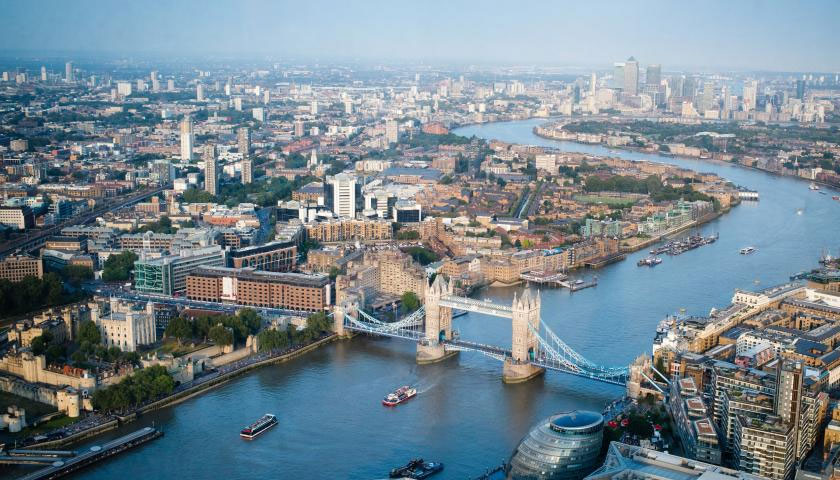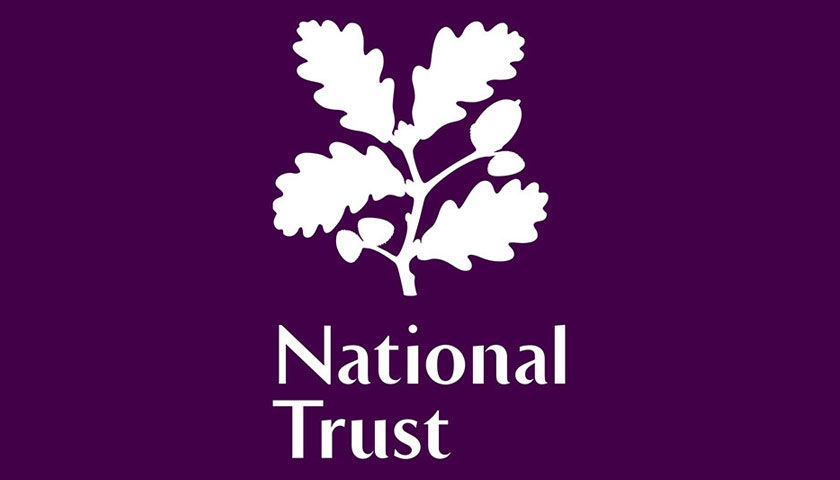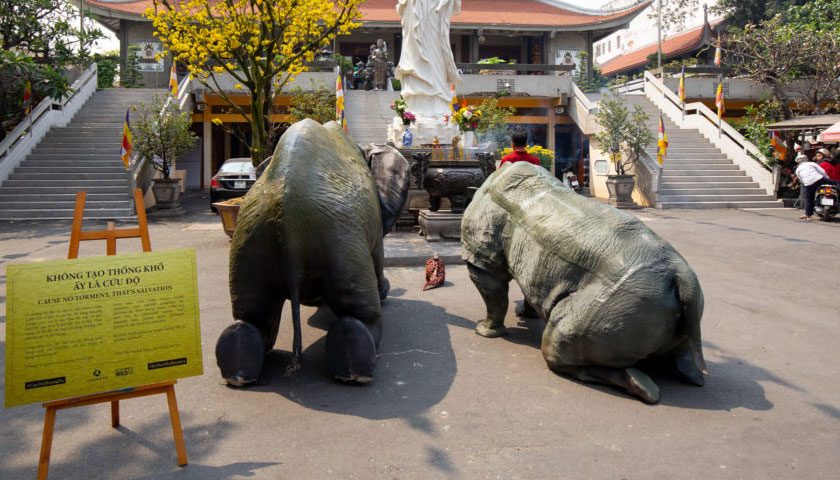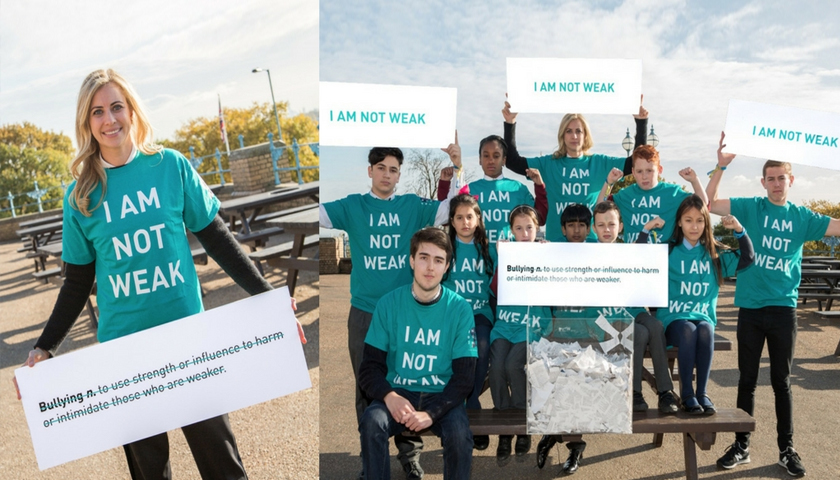The Mayor of London, Sadiq Khan, will has unveiled the capital as a co-founding member of a ground-breaking international network of cities committed to advancing gender equality. ‘CHANGE’ (City Hub and Network for Gender Equity) will see London partner with Los Angeles, Barcelona, Freetown, Mexico City and Tokyo to share best practice in tackling sexism, misogyny and gender-based injustice.
Women and girls around the world continue to face numerous forms of discrimination including lack of opportunities, unequal pay, physical and sexual violence, a disproportionate share of unpaid labour and low levels of political representation.
The World Economic Forum’s Global Gender Gap Report (2020) concluded that, based on current trends, the economic gender gap will not close for another 257 years. As the world continues to face the significant challenges posed by the COVID-19 pandemic, we are already seeing the disproportionate impact that the pandemic is having on women’s health, safety, employment, and economic independence. A separate 2020 study by McKinsey & Company found that women’s jobs are 1.8 times more vulnerable to the coronavirus crisis than men’s. Similarly, women make up 39 per cent of global employment but account for 54 per cent of overall job losses.
This pioneering network has been established in order to promote innovative approaches to dismantling barriers to gender equality while ensuring that it remains a focus for cities around the world. It will be launched with a virtual meeting on Monday 23 November.
The first chair of the network will be Los Angeles where, under the leadership of Mayor Eric Garcetti, the priority will be harnessing the collective power of cities to transform services and systems to the benefit of all. The work of CHANGE will explicitly acknowledge and seek to respond to intersecting inequalities based on race, religion, ethnic origin, disability, sexual orientation, and gender identity or expression.
Sadiq has long been a champion of the rights of women and girls, launching the ‘Behind Every Great City’ campaign to increase the profile of women’s contributions to London’s success. In 2018 the Mayor committed City Hall to promoting gender equality through the Our Time leadership programme and by commissioning annual reviews of the gender pay gap. The most recent figures show that the gender pay gap at City Hall is now close to zero. It is also a key priority of the mayor that London’s recovery from COVID-19 WORKS for all, especially given the disproportionate impact of COVID-19 pandemic on women. A recent City Hall report revealed that, since the coronavirus outbreak began, mothers in England were 47 per cent more likely than fathers to have lost or resigned from their jobs.
The Mayor of London, Sadiq Khan, said: “London simply wouldn’t be the city it is without the contribution of courageous women throughout its history. I am a proud feminist and while I know that progress has been made towards gender equality, it is clear that too many women still face barriers to success and are now facing increasing challenges from the impact of Covid-19.
“I want our capital to be a place where everyone can fulfil their potential and be hopeful for their future – regardless of gender. This is why we have helped to establish this world-first group to tackle gender inequality, and why I continue to urge all Londoners and allies in other global cities to work with us in making it a thing of the past – not just in the UK but around the world.”
The Mayor of Los Angeles, Eric Garcetti, said: “This pandemic has changed how we live, learn, work, socialize, and govern, but what has not changed is our unwavering belief that every person deserves a fair shot and a level playing field, regardless of their gender or gender identity. In Los Angeles, gender equity is a prism for everything we do, and CHANGE is bringing that same perspective to cities across the globe — uniting a collection of trailblazing mayors around steps and tools to dismantle inequality and forge a more inclusive and sustainable future for all.”
The Mayor of Barcelona, Ada Colau, said: “Cities must be the place where this transformation is accelerated. We must fight against the inequality and injustice that women still suffer and end the invisibility of care work – a burden which is mostly borne by women and which is essential for life”.
The Chief of Government of Mexico City, Dr Claudia Sheinbaum Pardo, said: “Women’s struggle for equality cannot be isolated from the struggle for a fairer society and for the greater social and human rights. Changing the narrative for the construction of democracy and justice for all, men and women, needs a change of paradigm and I am sure this is taking place as we speak. The active participation of both, men and women, is most important for this to happen.”
The Governor of Tokyo, Yuriko Koike, said: “Since taking office as Tokyo’s first female governor in 2016, I have focused on women’s empowerment. As leaders, we work to resolve issues faced by our own city. At the same time, we also seek to collaborate with other cities. I believe such collaborations not only contribute to advancing our cities, but also to resolving global challenges. Now, we are engaged in a tough battle against COVID-19. This pandemic is also having a major impact on gender equality in Tokyo and the rest of Japan. In this environment, for Tokyo to continue developing into a city full of vitality, it is crucial to ensure opportunities so that each and every person, regardless of gender, can fully demonstrate their individual qualities and abilities. Tokyo is preparing to host the Tokyo 2020 Games next year. Olympic Agenda 2020 also places great emphasis on the vital importance of promoting gender equality. I look forward to working closely with all member cities to realize the principles of CHANGE.”
Mayor of Freetown, Yvonne Aki-Sawyerr said: “We would not have come as far as we have with Transform Freetown as an agenda without the tremendous contribution of women from around our city. From the all-women teams of sweepers who used to clean our 68 major streets to the women groups who contributed towards the city’s response to COVID-19, we have seen how far we can go if women are empowered. As the first elected female Mayor of Freetown, I am using my office to show girls and women in my city, my country and the world that we can and should be agents of change. That is why being part of the founding of the first-ever network of cities promoting gender-equality is so important to me.”



